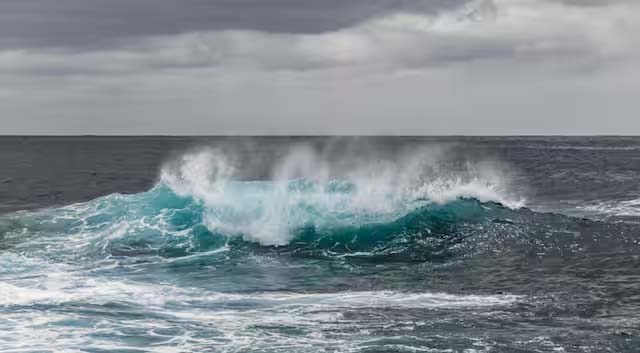Marine Environmental Research Know Details

science: The paper states that this research confirms a widespread reduction in whale stress in the Southern Ocean during the study period. While people around the world were struggling during the corona virus (COVID-19) pandemic, as they were forced to stay indoors to prevent the spread of the deadly virus, one particular species was apparently thriving. In a new paper published in, scientists found that eastern Australian humpback whales were healthier and had less stress during the first year of the pandemic. Dr. Jake Linsky of the School of Environment at the University of Queensland led a study from Moreton Bay Research Station. Their aim was to measure the health of the species during a time of unprecedented change in human activity. As quoted by phys.org, Dr. Linsky said, “We used drone photographs and blubber samples to assess the health of eastern Australian humpback whales in the Minjerribah-North Stradbroke Island inshore waters during migration in 2020 and 2021.” “This population is one of the most successful recoveries from historical whale hunting, so we wanted to use the latest tools available to us to check their health,” Dr. Linsky said.
The researchers sampled the whales’ faces and fat using darts in the waters off North Stradbroke Island, near Brisbane. The study was published on Thursday (July 4). Its findings were similar to a study conducted by experts at the New England Aquarium in Boston shortly after the terrorist attacks on the World Trade Center on September 11. At the time, aircraft and commercial ships had halted following the attacks, and scientists found low levels of stress hormones in the feces of North Atlantic right whales in the following weeks. “These are essential indicators of the energy reserves used during their long annual migrations and intense breeding season,” said Linsky. “We also used small boats to approach the whales and collect small samples of skin and fat from the whales’ flanks. These fat samples were analysed for hormones and gene expressions related to stress, energy reserves and immune health,” said Dr Linsky. According to the researchers, the findings about gene expression lend credence to the theory that the whales were possibly doing so due to a decrease in pollution in their distant feeding areas. The paper states that this research confirms a Southern Ocean-wide reduction in whale stress during the study period and informs efforts to identify major stressors on the Antarctic marine ecosystem.





